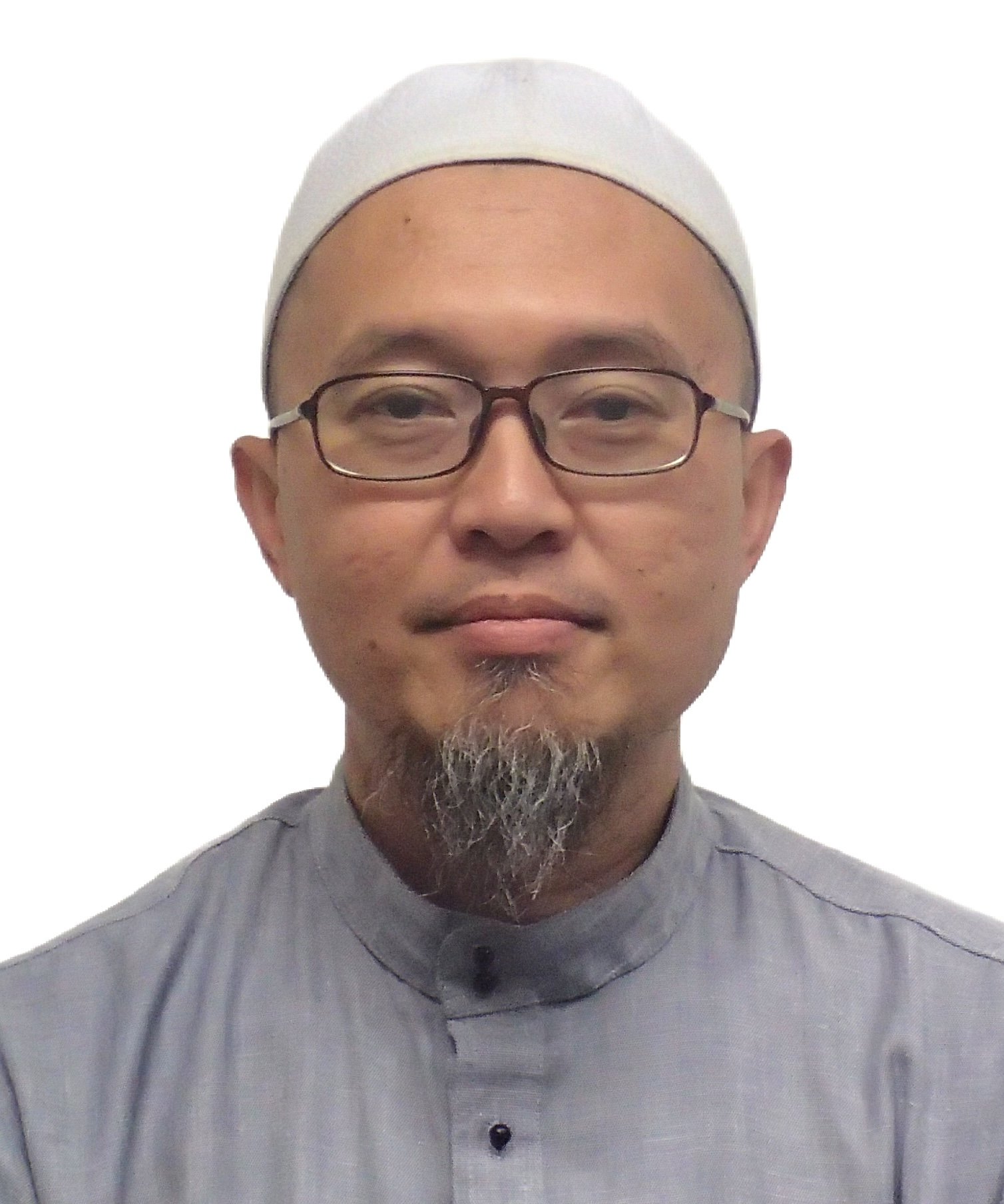 Ahmad Zamri Razak
Ahmad Zamri Razak
Senior Special Duties Officer
Internal Audit
Prime Minister’s Office
Brunei
Young Leaders Program (’12)
Please tell us about your career path so far. What is your area of specialization and how did you come to work in this area?
My professional journey began in private audit firms in Brunei, and later Liverpool and London, while studying for my degree in Accounting at the University of Liverpool and pursuing the Association of Chartered Certified Accountants (ACCA) qualification--a globally recognized credential for accountants and finance professionals.
Those early years, sharpened my technical and analytical skills. But over time, I realized my passion lay not just in balancing books, but in improving systems that serve people. That led me to public service, where I've dedicated myself to making government operations more transparent and effective. Today, my focus is on sharing that knowledge and experience with the next generation of public servants.
You are currently serving as Senior Special Duties Officer in the (PSD) Department of the Prime Minister's Office of Brunei. Please tell us more about your main roles and responsibilities?
As a Senior Special Duties Officer (SSDO) in the Public Service Department (PSD) of the Prime Minister's Office (PMO) of Brunei, my role is part strategist, part mentor. I work on improving how government departments function, but more importantly, I help nurture the next generation of public servants, ensuring they inherit not just the system, but the mindset to improve it.
Since 2022, I've been seconded from PSD to the PMO's internal audit, where I evaluate governance compliance across PMO departments while retaining my SSDO post at PSD.
In your current capacity, what do you see as the key opportunities and challenges for Brunei over the next five to ten years?
Looking ahead, I see tremendous potential for Brunei in developing sustainable, homegrown systems--frameworks tailored to our specific needs rather than imported wholesale from elsewhere. The challenge will be finding that delicate balance: learning from global best practices while preserving the cultural and societal values that define us. I have faith that our emerging leaders are more than capable of meeting this challenge.
Could you tell us about the main opportunities and challenges you face in your work? And what have been the most interesting or rewarding aspects of your career thus far?
There's nothing quite like the satisfaction of watching an idea or recommendation transform into a tangible improvement in government operations. The constant challenge? Well, change is rarely welcomed with open arms and resistance can be strong, especially in established systems, but my time at GRIPS taught me that solid data, strategic thinking, and a healthy dose of persistence can overcome even the most entrenched mindsets.
What motivated you to pursue your Master's degree at GRIPS, and how has your education there contributed to your career in the public service?
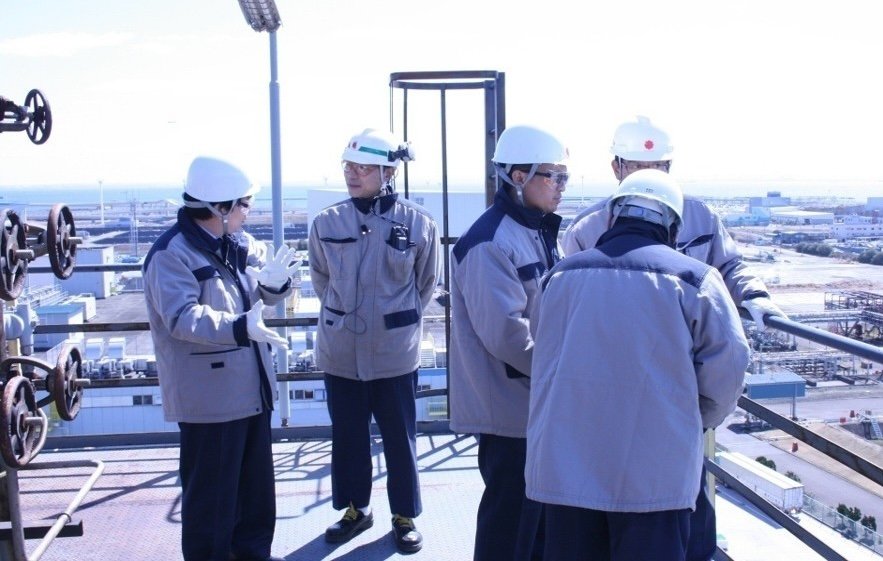
Fieldtrip to the Tonen General petrochemical complex
Receiving the Japanese government's MEXT scholarship was a turning point that transformed my perspective.
GRIPS brought public policy to life: Professor Hashimoto's industrial visits took us behind the scenes of major companies like Kyokuto and Nagatsu, and into the Tonen General petrochemical complex, where theory met practice and where I saw policy in action.
Also, Ambassador Takasu's UN simulation classes taught me the fine art of negotiation between nations. And when our team won Professor Kanemoto's urban planning challenge proved to me that even accountants can be innovators.
GRIPS didn't just teach me; it rewired how I think about problem-solving in public service.
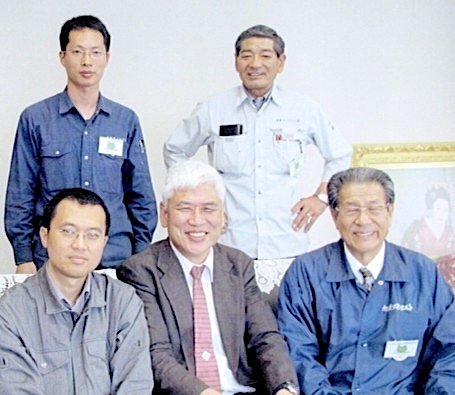
During a field visit with Hashimoto-sensei to Japanese manufacturer Kyokuto
Since graduating from GRIPS in 2012, have you had any continued connections with Japan--professionally or personally?
While I haven't maintained professional ties with Japan since graduating, Japan left its mark on me - from Tokyo's efficient systems to the lessons in their attention to detail continue to influence how I approach my work every day.
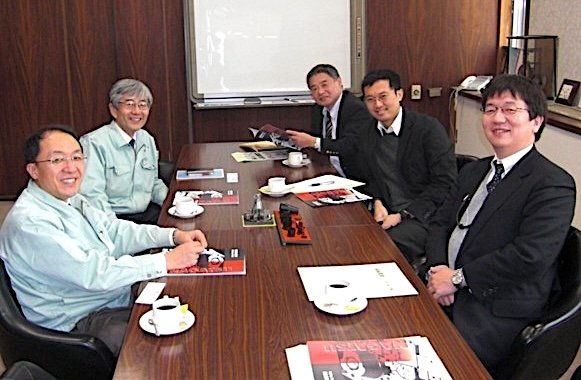
An industry visit to Nagatsu, a high-precision molds manufacturer
Actually, my independent study paper at GRIPS explored Japan's oil kombinat model in Kawasaki, which I suggested could serve as inspiration for Brunei's own approach. It wasn't so much a study of Brunei's industry at the time, but more a proposal for what could be. Brunei has since developed its own oil refinery at Pulau Muara Besar through a Chinese company called Hengyi and while our refinery is a major achievement in itself, the Kawasaki model--where institutions and enterprises are closely integrated and mutually reinforcing--still offers valuable lessons that we might continue to draw from as we refine and strengthen our own system.
How do you maintain a healthy work-life balance? What do you enjoy doing outside of work?
Outside the office, I enjoy tracing the threads of my family history. Discovering Dutch-Indonesian ancestors has been both humbling and fascinating, reminding me that our identities are often woven across borders, cultures, and centuries.
What are some of your fondest memories of your time at GRIPS and in Japan? Is there anything in particular you miss about living in Tokyo?
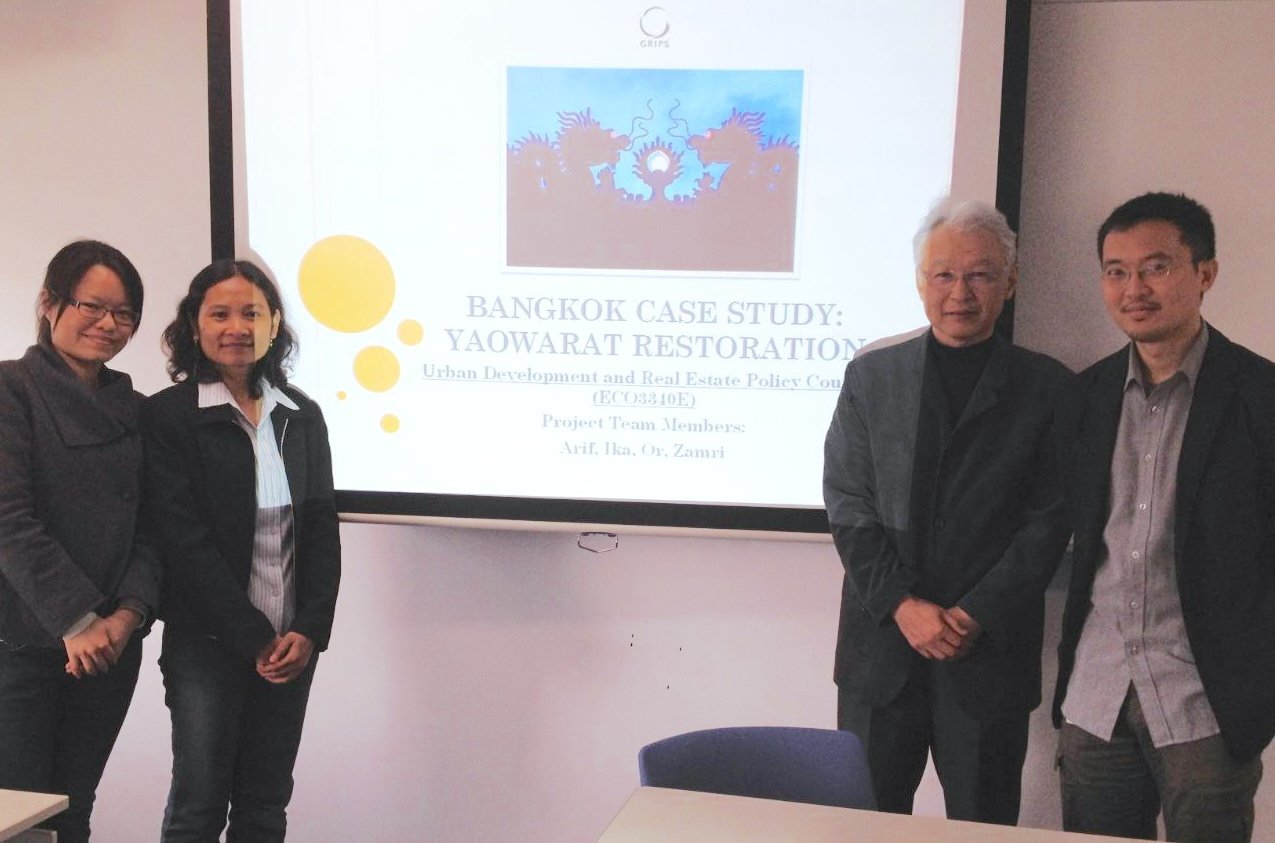
Team photo with Prof. Kanemoto after our urban planning project win
Some of my fondest GRIPS memories were born far beyond the classroom walls. I still remember standing on factory floors during industrial visits, watching in fascination as raw materials slowly took shape, step by step, into the everyday products we often take for granted. There was the day my team's urban planning project--an idea we had poured our energy and late nights into--was declared the winner, and we celebrated alongside Professor Kanemoto. And then there was the thrill of sitting in a mock United Nations chamber, representing Syria in Takasu-sensei's role-playing debate, feeling the rush of negotiation and diplomacy as if real stakes were on the line. And between all of that, I explored Japan from end to end--from Hokkaido's snow-dusted landscapes in the north to Okinawa's historic sites in the south--each place adding to long-lasting memories. Those moments, a blend of challenge, camarad erie, and discovery, are the ones I miss most about my time in Tokyo.
If you could give one piece of advice to anyone considering studying at GRIPS what would it be?
If you come to GRIPS, bring your full commitment. Choose courses that excite your curiosity, seek out professors who challenge your thinking, and embrace every hands-on opportunity--whether it's in the classroom, in the field, or halfway across the country on a study visit.
How would you like to maintain involved with the School? What do you expect from GRIPS as an alumnus and do you have any suggestions on how to further utilize the GRIPS alumni network?
Looking forward, I aim to keep mentoring Bruneian students and to strengthen ASEAN-Japan connections through the GRIPS alumni network. My GRIPS research on Japan's oil kombinat model may still offer useful insights for Brunei's refinery development--and I'd be delighted to revisit those ideas and welcome any chance to explore that with fellow alumni.





